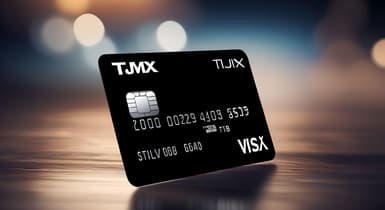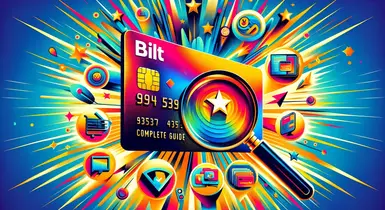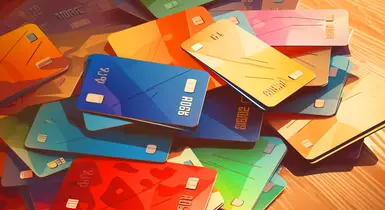How to Improve Credit Score: 4 Ways to Build It

With such an abundance of credit card offers, it's not that difficult to get a new one, even when your credit score is pretty low. Every bank provides several options, and there are plenty of banks in the US. However, you probably don't want just any card; you want it to be beneficial for you with good cashback, low fees, and some other bonuses. In most cases, to be eligible for such a card, you need to have a credit score of 670 or higher. But how do you build a good credit score? Here are the main factors that affect your rating:
- Credit history and its lengths
- Payment history
- Debts
- Types of loans in use
- New credit applications
- Additional factors (negative information, inquiries, etc.)
As you can see, there are many factors that can compromise your good history of card use. Fortunately, there are also quite a few valid methods that can help you enhance your current rating, depending on your unique credit situation. Below, we’ll outline the fastest and most effective ways to improve a credit score. Whether you need to get it higher right now or want tips for keeping it high in the future, we’ve got you covered!
Keep on Paying on Time
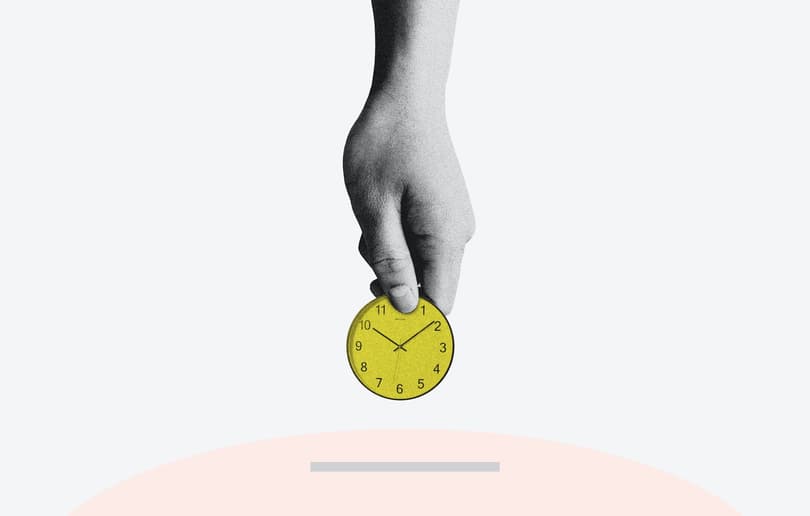
A good credit history is all about consistency. On-time payments are always welcomed by all banks, and it is how you build a credit score fast and keep it positive all the time. This applies to any payment, be it utility bills, loans, taxes, etc. If you don’t want to keep your finances in mind all the time, you can set up automatic payments. This way, you will always be on time and raise your score.
It’s worth noting that payment history is one of the key metrics of the FICO credit score. Typically, it accounts for 35% of the calculation formula. Late payments, even just a few days overdue, can significantly worsen your score. So, avoid missing the deadlines. Set up reminders that will keep you on top of your payment schedules. Additionally, consider creating a budget spreadsheet to manage your finances more effectively.
Pay Off Any Existing Debts
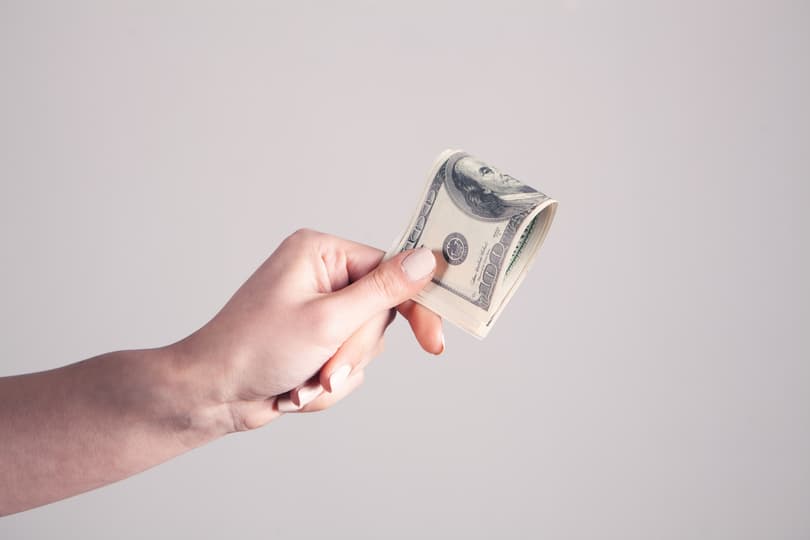
Credit utilization, which is a high outstanding debt on your available credit limit, can negatively impact your credit score. Aim to keep it below 30% across all your accounts. Paying off existing debts will not only reduce your credit utilization ratio but also showcase to your creditors that you’re financially responsible. When considering this method of how to build a credit score, you can stick to one of the following tactics:
- The debt avalanche method. You concentrate on paying off your highest-interest debt first, then you go to the second, etc. It's beneficial if one or two of your loans have higher interest rates than the rest. Keep in mind that you may get penalties if you don’t make the minimum payments for other loans.
- The debt snowball method. Here, you close your debts as fast as possible by paying off the ones with the smallest balances first. This way, you can minimize the amount of interest-rate payments if you have multiple credits. But again, you need to meet the minimum payment requirements for your other loans.
- Consolidating debts. To balance financial risks, streamline your monthly finances, and feel more comfortable about payments, you can negotiate with creditors to combine your debts into a single loan and develop a repayment plan. It might be a great idea for managing multiple debts. Besides, you can qualify for a consolidation loan with a lower interest rate.
Become an Authorized User

One of the easiest ways to increase a credit score is to become an authorized user. What does it mean, and how does it work?
You can ask your friend or family member to get access to their bank account. In some cases, you will even be issued your own card, which you can use as you like. Yet, you won’t be responsible for the payments on it. This allows you to benefit from their positive credit history and responsible card usage. As a result, you’ll be able to increase your limits rapidly, apply for better bank account options yourself, and, eventually, get higher credit scores by rebuilding your credit history.
However, you should ensure that the primary cardholder maintains good payment habits and keeps the utilization low on the account you're added to. Otherwise, you won’t achieve the desired outcomes for yourself.
Get a Secured Card

One of the best tricks to increase a credit score if it's already low is to get a secure card. When you get it, the provider will set the credit limit depending on how much you deposit on your card. For example, if you deposit $300, your limit will be $300, too. If you do not pay your bills on time, the issuer will cover it with your deposit money. However, paying your secured card debts on time allows you to get higher credit scores quickly. It will be even better if you don't spend more than 30% of your credit limit without paying it off quickly.
Final Thought
Now, you know a few powerful tricks to improve a credit score. Even though this list is by no means exhaustive, and you can use additional methods, like opting for several cards or increasing your limits, those described in the article are the most effective ones. A good credit score is beneficial for any person to be prepared for possible emergencies. Besides that, you'll be eligible for better card options with extra bonuses. Therefore, developing good financial habits is essential to always get only the best.
FAQ
How do I check my credit score?
Many banks provide free access to your credit score information through online banking or mobile apps. You can also ask for statements from your card issuer. Other methods include using third-party monitoring services, like myFICO or Credit Karma, or requesting an annual report on your credit history from reporting agencies like Experian.
Why is it important to have a good credit score?
It is vital to have a good credit score because it helps you increase your limits and gives you access to special offers provided by various banks. Therefore, it's beneficial to know the most effective ways to improve your score.
How long does it take to increase my credit score?
It depends on what methods you intend to use to make it positive and its current level. One thing is for sure, though: even when using the previously discussed ways to build a credit score, it won’t happen overnight. So, the best advice is to stick to your good financial habits and check your credit score every 2–3 months to see if you’re moving in the right direction
How is my credit score calculated?
When checking the credit score, financial institutions normally refer to the FICO score. It relies on the data from your credit report and hinges on a few key factors: your credit history, existing indebtedness amount, and overall credit mix. The two decisive aspects are your consistent credit behavior in repaying the debt and the credit amount used. Notably, pending applications can lower your current score until closed.

